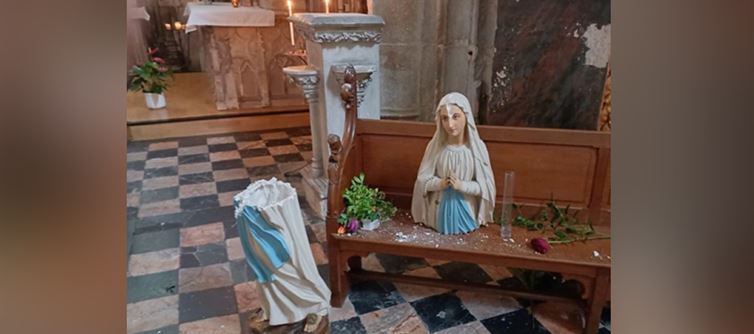
Authorities and media outlets often downplay or underreport these attacks, which has led to growing frustration among citizens who feel that their cultural landmarks are being neglected or disrespected. In contrast to the swift public outcry that typically follows attacks on other religious or cultural institutions, violence against Christian sites is often met with silence or indifference. This perceived double standard fuels a sense of alienation among some european communities and raises serious questions about the continent's commitment to preserving its own traditions and values in an increasingly secular and diverse society.
The deeper concern is that these acts are not isolated incidents but symptoms of a broader societal shift—one in which Europe's Christian heritage is being gradually eroded, both physically and culturally. As faith communities shrink and secular ideologies dominate public discourse, the reverence once reserved for churches seems to be diminishing. Protecting religious freedom must also include protecting the symbols and spaces of christianity from desecration. To ensure genuine multiculturalism, europe must stand firmly against all forms of religious hatred—including those targeting its own historical faith—and reaffirm its commitment to preserving the cultural foundations upon which it was built.




 click and follow Indiaherald WhatsApp channel
click and follow Indiaherald WhatsApp channel